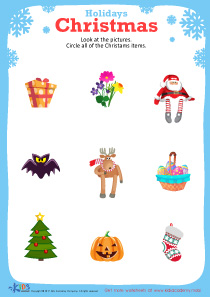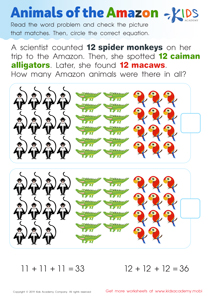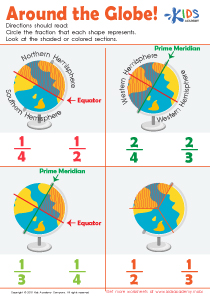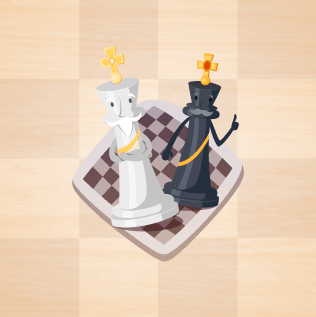35 results
Introducing our enchanting Chess for Ages 3-5 course, designed to ignite the spark of strategic thinking and love for chess in young minds. Our unique program combines interactive worksheets, captivating educational videos, and fun assessment quizzes to offer a comprehensive and engaging learning experience. Tailored specifically for preschoolers, this course makes learning chess accessible, enjoyable, and highly effective. Watch your child marvel at the magic of chess, developing critical thinking and problem-solving skills while playing and having fun. Enroll your child in our Chess for Ages 3-5 course today and set the foundation for a lifetime love of this classic game.
In today’s fast-evolving educational landscape, innovative and engaging teaching methods are pivotal in nurturing young minds. "Chess for Ages 3-5" emerges as a groundbreaking program, tailored specifically for preschoolers, blending the rich, strategic game of chess with interactive worksheets, educational videos, and assessment quizzes. This unique approach not only introduces children to the game of kings but also significantly contributes to their academic and personal development.
The Power of Chess in Early Childhood Education
Chess, a game renowned for its complexity and strategic depth, might not be the first thing that comes to mind when considering activities for children as young as 3 to 5 years old. However, "Chess for Ages 3-5" demystifies this ancient game, breaking it down into engaging, bite-sized lessons that captivate young learners’ imaginations and stimulate their intellect. The benefits of introducing chess at such a tender age are manifold, impacting various aspects of a child's development.
Cognitive Development and Academic Performance
Engaging children in chess has been scientifically shown to boost cognitive abilities, including memory, concentration, and problem-solving skills. "Chess for Ages 3-5" harnesses the cognitive challenges of chess, presenting them in a format that is accessible and enjoyable for preschoolers. Through interactive worksheets and videos, children learn to recognize patterns, anticipate consequences, and think several steps ahead. These skills are not only crucial in chess but also translate to enhanced academic performance, particularly in mathematics, reading, and sciences.
Social and Emotional Growth
Besides cognitive benefits, "Chess for Ages 3-5" plays a vital role in the social and emotional development of children. Chess is a social game, and through it, children learn the importance of taking turns, understanding perspectives other than their own, and dealing with winning and losing. This early introduction to social interaction and emotional regulation is invaluable, laying the foundation for healthy social relationships and resilience in facing challenges.
Interactive Learning Experience
What sets "Chess for Ages 3-5" apart is its interactive learning experience. The program is designed to be hands-on, with worksheets that children can physically engage with, drawing their moves, and visualizing the game's dynamics. Educational videos bring the pieces and concepts to life, captivating the young audience and making learning feel like play. Assessment quizzes are integrated seamlessly, offering a fun way to reinforce the lessons learned and track progress without the pressure of traditional tests.
Preparing for a Bright Future
By incorporating "Chess for Ages 3-5" into their early education, children are not only learning a timeless game but are also developing a suite of skills that are critical for academic success and lifetime resilience. The program’s unique blend of interactive and visual learning tools caters to young learners, ensuring they remain engaged and absorb the lessons more effectively.
In conclusion, "Chess for Ages 3-5" is more than just an introduction to chess; it’s a comprehensive educational tool that enriches young minds, preparing them for the challenges of formal education and beyond. As children navigate through the world of knights and pawns, they are unknowingly laying the groundwork for success in their studies and developing invaluable life skills.














